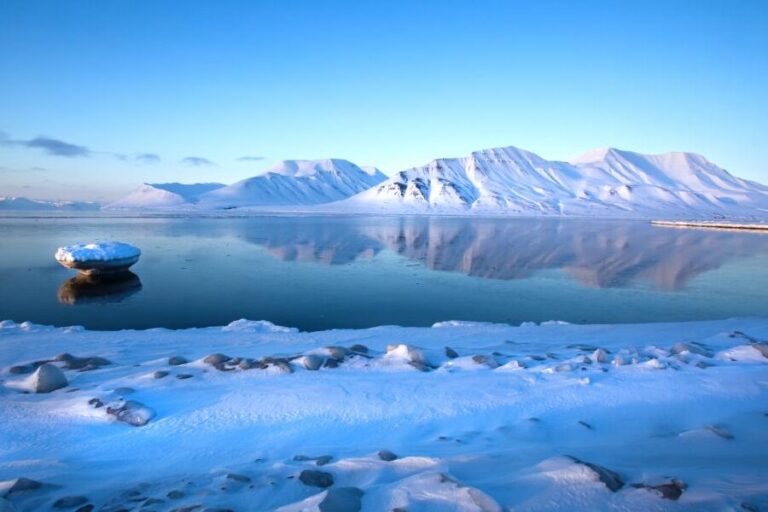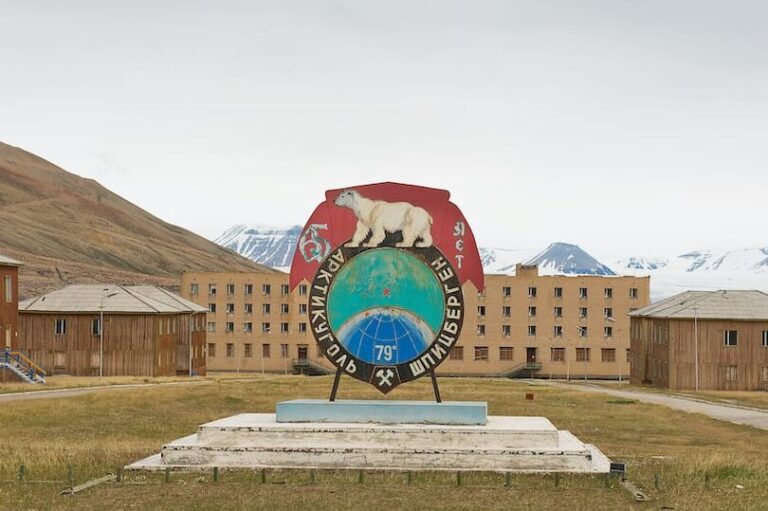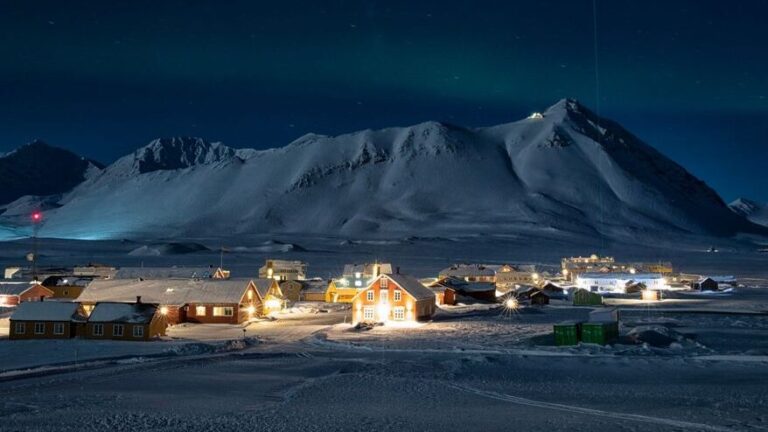Svalbard’s geopolitical importance: Understanding Russia’s interest

Spitsbergen, also known as Svalbard, is an archipelago located in the Arctic Ocean. This territory, which belongs to Norway, has been gaining more attention recently due to the presence of Russia in the area. In this article, we will explore the reasons behind the interest of Russia in Spitsbergen, answering the main search query of this article: Why does Russia want Svalbard?
Contents
The History of Spitsbergen
Spitsbergen is a unique territory with a complex history. Its strategic location has made it a desirable area for different nations throughout history. Norwegian sovereignty over the archipelago was formally established in 1920, with some limitations to the territorial waters. The treaty also granted all signatories the rights to engage in commercial activities in the area without discrimination. This includes Russia, which has had a historical presence in Spitsbergen.
The Importance of Spitsbergen
One of the main reasons why Spitsbergen is attractive to different nations is its natural resources. The archipelago is rich in coal, iron ore, and other minerals, making it a valuable resource for energy and infrastructure. Additionally, its strategic location in the Arctic Ocean provides access to new navigation routes, which are opening up due to climate change and the melting of the ice caps.
The Russian Presence in Spitsbergen
Russia has a long history in Spitsbergen, with mining operations dating back to the 1930s. However, the interest of Russia in the area has been growing in recent years, with the country investing heavily in infrastructure, such as ports and research stations. The renewed interest in Spitsbergen is also related to the country’s increasing military presence in the Arctic region. Russia sees Spitsbergen as a strategic point from which to project its power in the Arctic and protect its interests in the region.
The Legal Status of Spitsbergen
The Svalbard Treaty of 1920 established Norway’s sovereignty over Spitsbergen but granted signatories the rights to engage in commercial activities in the area without discrimination. This means that Russian companies can operate in the archipelago and that Russian citizens can live and work there. However, there are some limitations to the treaty, such as the prohibition of military activities in the area.
The Future of Spitsbergen
The future of Spitsbergen is uncertain, with many economic, geopolitical, and environmental factors at play. Its natural resources and strategic location make it a desirable area for different nations with conflicting interests, and tensions between Russia and Norway over the archipelago have been increasing in recent years. However, the global importance of the Arctic region in the context of climate change and the opening up of new navigation routes might also provide opportunities for collaboration and cooperation between nations.
Conclusion
In this article, we have explored the reasons behind Russia’s interest in Spitsbergen, answering the main search query of this article: Why does Russia want Svalbard? Spitsbergen’s strategic location and natural resources have made it a valuable area for different nations, with tensions between Russia and Norway over the archipelago on the rise. However, the environmental challenges and opportunities in the Arctic region might also open up new avenues for collaboration and cooperation.
But wait, is this the whole story? Stay tuned for more updates on the situation in Spitsbergen!






